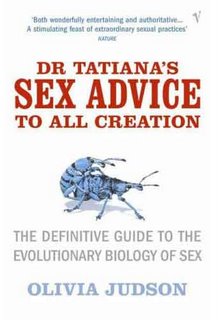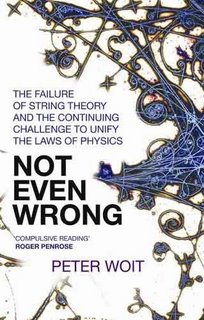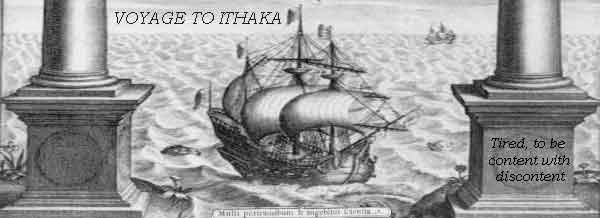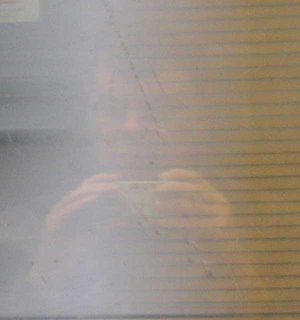Understanding the Universe

Two books at the top of my bedside pile make an interesting contrast.
My current insomniac re-reading is Olivia Judson's wonderful Dr Tatiana's Sex Advice to All Creation. (A staggering book: if we human's think our sex lives are complicated, we should consider the sponge louse, for example.)
Evolutionary biology is surely the most fascinating and important area of modern science. The changes in our understanding of the lives and behaviour of our fellow earth-inhabitants must profoundly afffect the way we know ourselves. And this subject is so new: DNA analysis has undermined much we thought was known twenty years ago and revealed the rich and complex strategies males and females of all species adopt to promote the survival of their genes.
And although the principles of Darwinism are clear and simple, our knowledge of the complexities of the practice comes from observation and experiment: exactly how we believe science should be.
 And so I come to the second book: Peter Woit's "Not even wrong: the failure of string theory". Woit's argument is, at least in part (I haven't read it yet, so this comes from the reviews), that string theorists are abandoning the most sacred tenet of modern science: they are promoting string theory because of its mathematical beauty rather than because it matches experiments, saying "this is so beautiful it must be true". The rejection of the belief that the world could be understood by abstract thought without reference to reality is seen as the key to the so-called Scientific Revolution of the seventeenth century and the Birth of Modern Science.
And so I come to the second book: Peter Woit's "Not even wrong: the failure of string theory". Woit's argument is, at least in part (I haven't read it yet, so this comes from the reviews), that string theorists are abandoning the most sacred tenet of modern science: they are promoting string theory because of its mathematical beauty rather than because it matches experiments, saying "this is so beautiful it must be true". The rejection of the belief that the world could be understood by abstract thought without reference to reality is seen as the key to the so-called Scientific Revolution of the seventeenth century and the Birth of Modern Science.Now, I am attracted to string theory as the key to cosmology because I love the group theory on which (I believe) it is based. The idea that the structure of the Monster, the most fascinating group of all, is what allows the universe or multiverse to exist, is wat determines that we live in ten dimensions, is irresistible.
I admit that I am at heart in some ways a pre-Baconian, that I prefer pure thought to experiment (my affinity is with pure mathematics, and physics has never much interested me). I was delighted when string theory put the most abstract pure mathematics at the centre of contemporary cosmology. But I have to agree that "It's so beautiful it must be true" is not science. Correspondence with reality, and the generation of testable predictions, must be the test of a theory. If I understand correctly, Woit is saying string theory does nto make testable predictions.
Is string theory really turning its back on three hundred and fifty years of modern science? I'm not remotely qualified to judge. But it's ironic that when our understanding of human behaviour is being enhanced by the interaction of theory and experiments in accordance with the Baconian model of science, the subject on which that methodology first threw great light may now be reverting to an older mode of thought.



0 Comments:
Post a Comment
<< Home